|
Gabon’s Lopé National Park has a rich diversity of wildlife, including forest elephants, chimpanzees, gorillas and mandrills. Many of these species rely on wild forest fruits for food. However, between 1986 and 2018 there was a massive collapse in the amount of fruit produced by the trees in the area. Emma Bush, Katharine Abernethy and Robin Whytock set out their findings based on 32 years of data about tree behaviour in the
forest and what it means for the remaining forest elephants.
Public opinion and media coverage in the West shifted dramatically against Uganda’s Yoweri Museveni in the country’s recent election as evidence mounted that his regime had become increasingly repressive. Many pro-democracy advocates and activists in Africa threw their weight behind Museveni’s main challenger for the presidency, the pop star and member of parliament Robert Kyagulanyi, more popularly known as Bobi Wine. Moses Khisa explains why the externally-driven obsession with Bobi Wine is problematic and could potentially prove unproductive. To advance the cause of genuine democracy and freedom, the forces and fuel for reform must necessarily evolve and emerge from Uganda and among Ugandans.
The African Union made some significant appointments at its summit that has just ended. These included electing six commissioners to the AU’s secretariat, which is a vital cog in the organisation, as well as the chair and the deputy chair. Linda Darkwa explains why the decisions were important and what they signal.
To receive our COVID-19 updates on WhatsApp, subscribe to the service here.
|
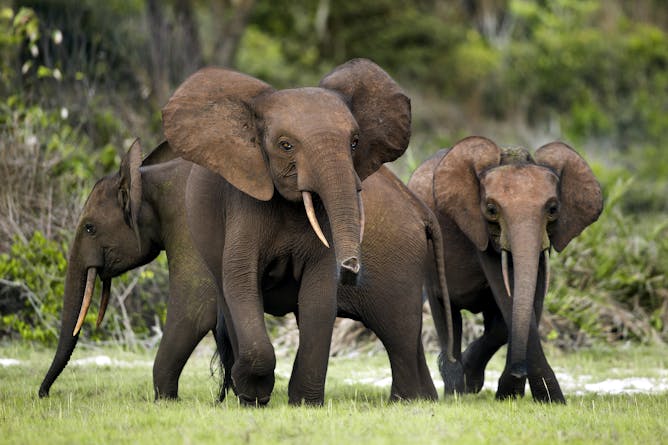
Forest elephants in Gabon.
zahorec/Shutterstock
Emma Bush, Royal Botanic Garden Edinburgh (RBGE); Katharine Abernethy, University of Stirling; Robin Whytock, University of Stirling
In Gabon's Lopé National Park, between 1986 and 2018, there's been a massive collapse in tree fruiting events.
|
|
|
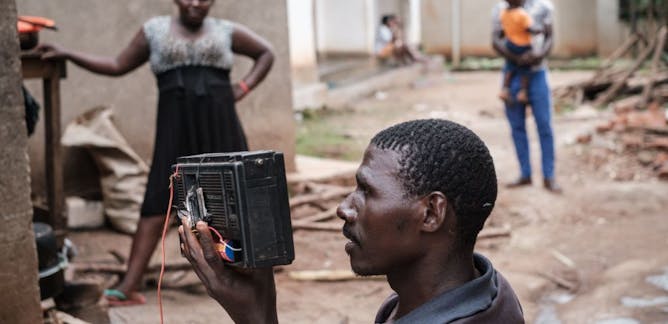
Moses Khisa, North Carolina State University
For those keen to advance democracy and freedom in Uganda, the starting point is to take in the lessons of history.
| |
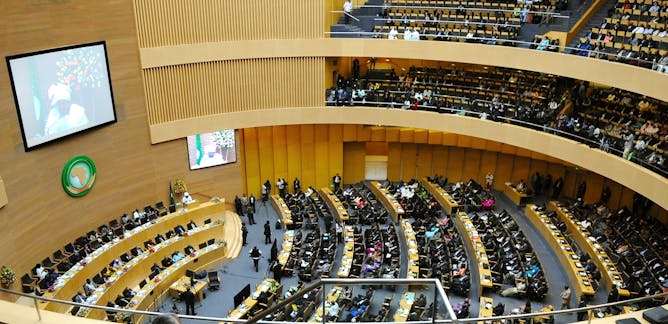
Linda Darkwa, University of Ghana
The election of commissioners is a key step in the reform process of the African Union Commission.
|
|
|
Politics
|
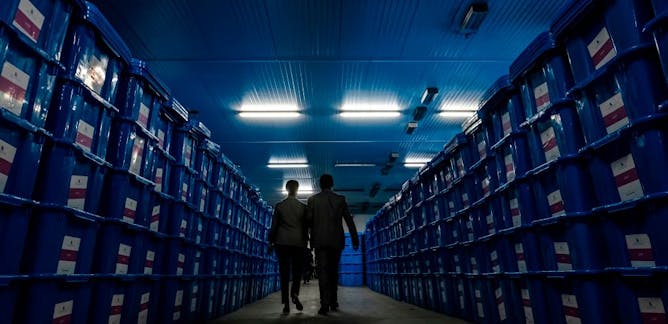
Girmachew Alemu, Addis Ababa University
Ethiopia’s party system is extremely volatile due to the prevalence of weakly institutionalised and fragmented political parties.
| |
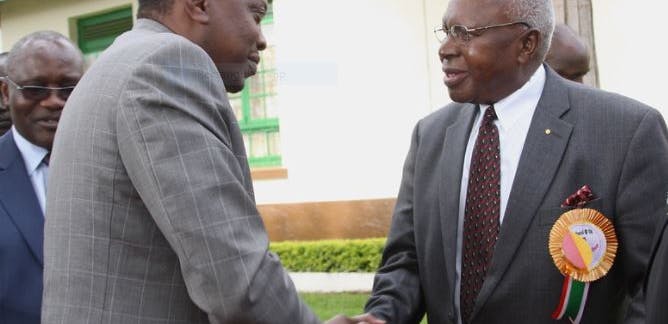
David K. Leonard, University of California, Berkeley
Nyachae always served at the intersection of politics and administration. Nevertheless, he was more of a firm manager than a politician.
|
|
|
Arts, Culture & Society
|

Gloria Abena Ampim, University of Bergen
Men are increasingly expected to share housework and spend time with their partners and children.
| |

Nomfundo Xaluva, University of Cape Town
She was the glue that bound younger artists together, helping them navigate the volatile terrain of the music industry.
|
|
|
From our international editions
|
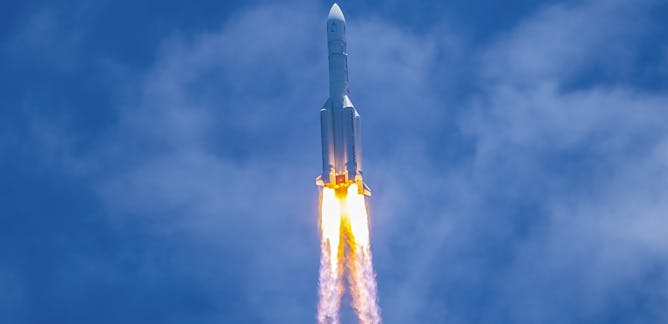
Daniel Brown, Nottingham Trent University
If China succeeds, it will be the first country ever to visit and land on Mars on its first try.
| |
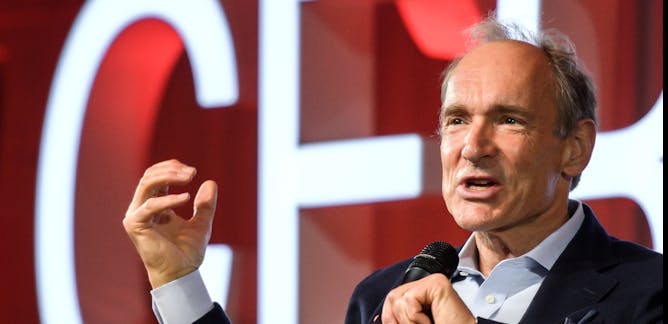
Pieter Verdegem, University of Westminster
The web's inventor believes the liberation of our data will help redistribute power on the internet.
|
|
|
En Français
|
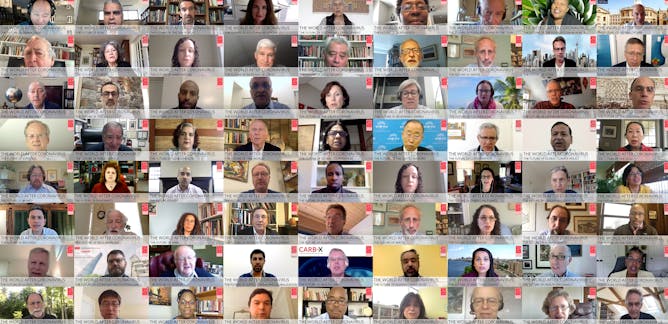
Adil Najam, Boston University
Il n’y aura pas de retour à la normale après la pandémie de Covid-19, en partie parce que le monde d’avant était tout sauf normal !
| |
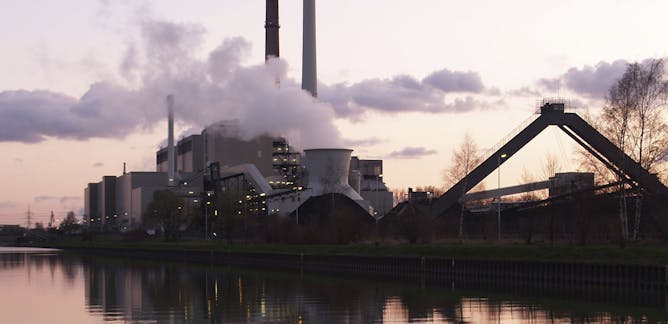
Andrei Khodakov, Université de Lille; Sara Navarro Jaén, Université de Lille
À partir d’électricité et de dioxyde de carbone capturé en sortie de centrales ou d’installations industrielles, on peut fabriquer des carburants plus « propres » que le diesel.
|
|
|